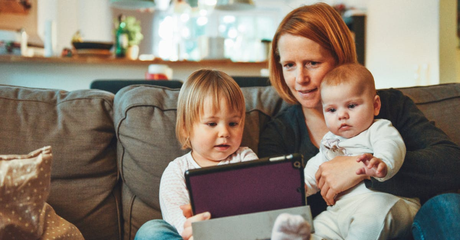Hello everyone, I hope all is well with you. I’m back after a busy week at work. I’ve been working on my story, too, but it’s not going as fast as I hoped it would. Life keeps getting in the way. LOL.
But enough about that. Today I’d like to talk about empathy. Did you know that kids today are 40% less empathetic than they were thirty years ago? That is a scary statistic. On the positive side though, empathy can be taught.
Good parenting is more important than ever now. Our world has changed dramatically with the surge in technological advances. With our ability to create our image on social media regardless if it is true or not, and the way our politicians spin their stories to look the best to voters is an indication these changes aren’t always positive.

So, what can parents do to make sure they’re raising empathetic kids? The first step is to make sure parents provide a positive environment where kids feel secure. This creates an environment where they feel safe and is the foundation for a positive learning environment. So, let’s talk about empathy.
There are two types of empathy. The first is affective empathy. This is something we’re born with, and whether we develop it further depends on our experiences and environment. So how do we flex our children’s empathic muscle?
We must help kids develop self-regulating tools. Tools that help them regulate their own negative emotions. Once they know how to handle their own emotions, they’ll be able to identify those types of emotions in others. Studies have shown kids who know how to regulate their own negative emotions show greater empathetic concern for others.

This means we acknowledge negative emotions rather than dismissing them. Become an emotion coach. Help your child understand their emotions by labeling and defining them, then give them ways to deal with them.
Another tip is for parents to understand how guilt and shame play a role in empathy. For example, if a child feels guilty because he made a bad choice, and it resulted in a negative outcome for another, he’ll more than likely feel empathy toward the other child. However, if a parent tries to shame that child into feeling empathy, he won’t. He’ll resist what his parents are attempting to teach him because he doesn’t like feeling ashamed and instead of being receptive, he’ll be defensive.
Another aspect of empathy is cognitive empathy. This is where your child looks at a situation from another person’s perspective. One good way to do this is to read a story and discuss the events from the perspective of different characters. Did you know that children who read are more empathetic? Studies have shown that children who read have brains that become sensitized to the fictional characters, and this spills over into the real world by teaching kids to see things from another perspective.

So, there you have it a few tips to help teach empathy to our kids. Let’s turn that statistic around. How about you? Do you have some tried and true tips to teaching empathy? Leave a comment! I’d love to hear from you!
Other articles on empathy:
